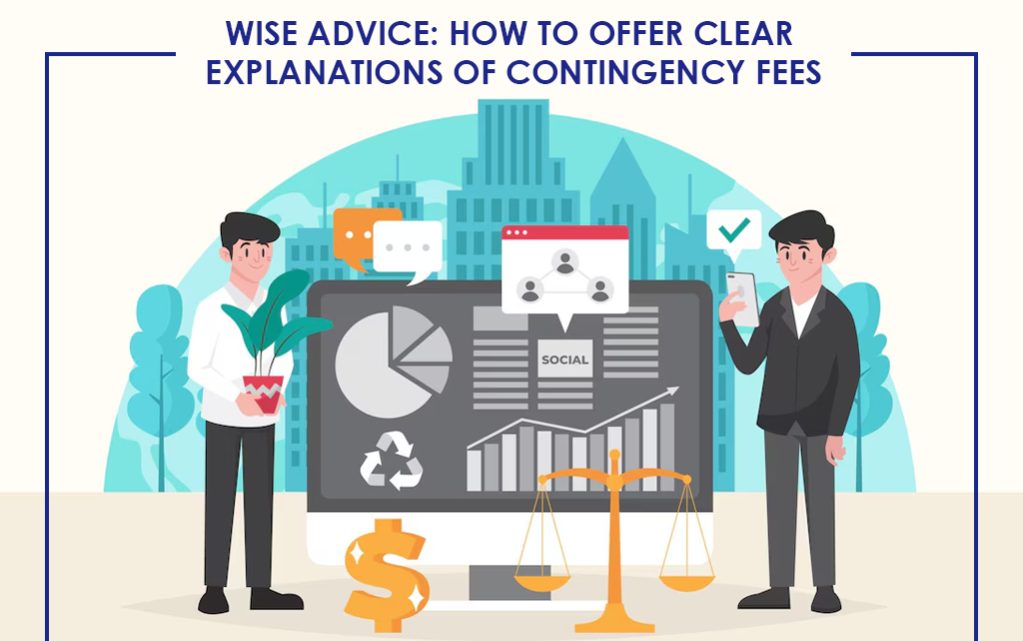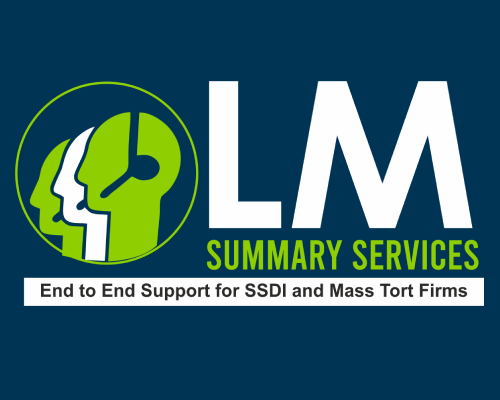Terms such as contingency fee and other legal jargon leave the average person feeling unintelligent and uninformed. In already overwhelming circumstances, legalese further defeats client spirits.
Also, using this language leads to inadequately informed clients and prevents them from making informed decisions. Furthermore, you could lose clients who mistakenly believe your services are beyond their financial reach. Or, problems may arise when misunderstandings reveal themselves throughout the client-attorney relationship,
In any case, understanding contingency fees upfront proves valuable to clients and your relationship with them.
Keys to Explaining Contingency Fees
By incorporating a few communication practices into your conversations with clients, you set a solid foundation for a profitable legal relationship.
1) Speak their language.
The longer you work in a field, the more the language becomes part of your natural thought flow.
Unfortunately, you are talking a foreign language where a client is concerned. Leave out legalese to increase understanding.
2) Be clear and concise.
What is verbally shared in a consultation should be clear and not wander onto rabbit trails. The more words used, the more likely a client misses your key points.
3) Repeat key ideas.
Statistically, we remember only thirty percent of what we hear. Using strategies such as repetition and summarization presents the information to clients again to increase retention.
4) Allow for questions.
Clients with the adequate time to ask questions reveal areas lacking clarity. The opportunity then presents itself to right any wrong information.
5) Ask the client to repeat.
When a client summarizes and verbalizes his or her understanding of your explanation, the gaps in information reveal themselves. Again, politely correct or add information as needed.
6) Follow up in writing.
A clear, written statement of your discussion or contingency fee explanation given or emailed to a client offers another avenue for clarity.
Key Points to Impress on Contingency Clients
Specifically related to contingency fees, be clear on the following points:
1) While no money is paid upfront or by the hour, a percentage of the client?s settlement pays the attorney.
2) If no money is received by the client, no payment to the lawyer is made.
3) Court filing fees, witness costs and other charges fall under client responsibility beyond the settlement percentage.
4) These fees work best for personal injury, worker?s compensation cases or ? you fill in the rest according to your law firm?s policy..
5) Contingency fees motivate lawyers to win.
Contingency fees offer a potential win-win situation for client and attorney. Still, a clear understanding of the details and limits of this payment method is well advised.





 Home
Home